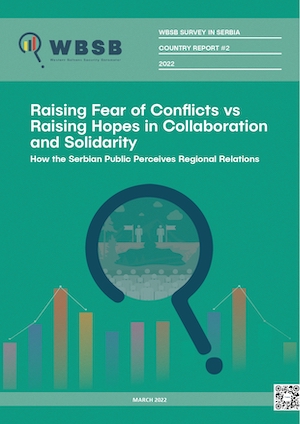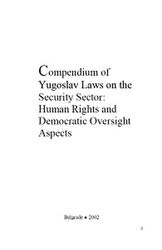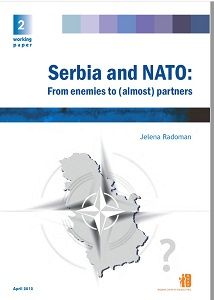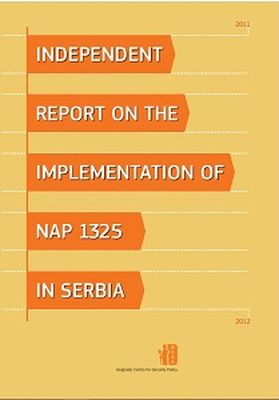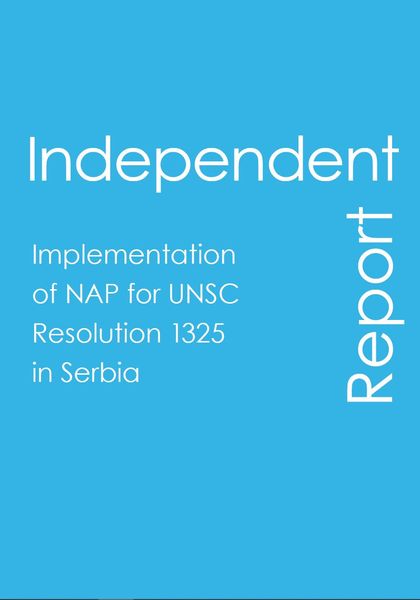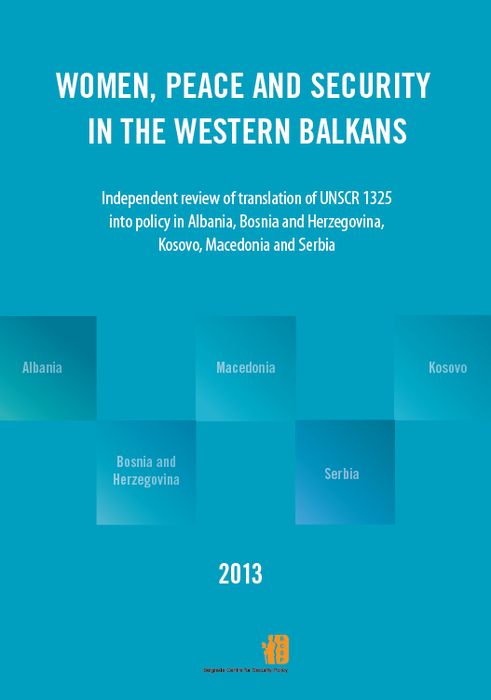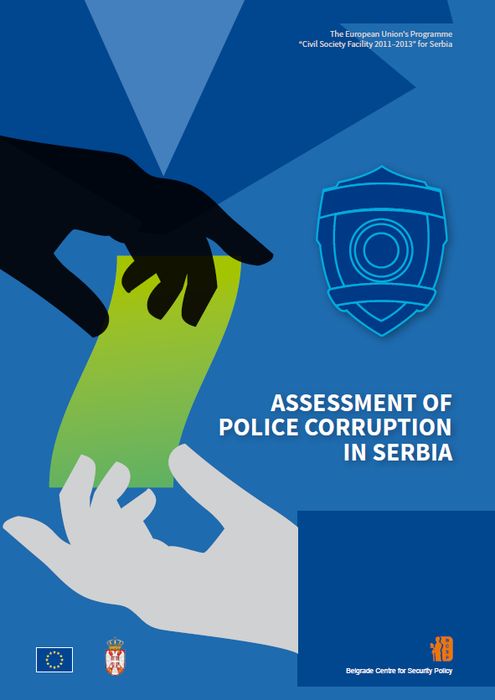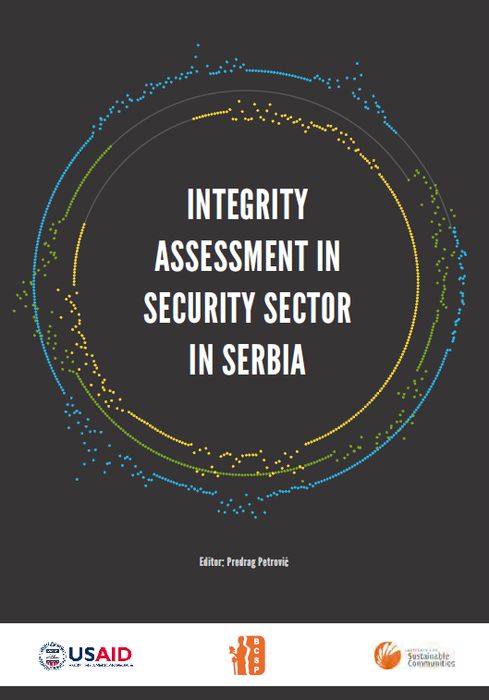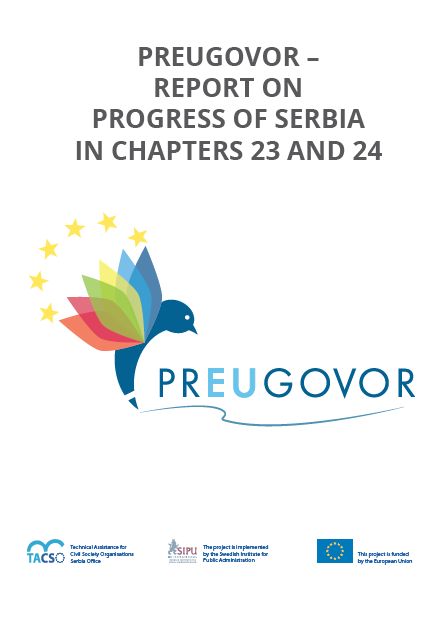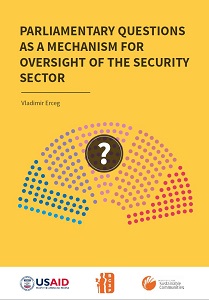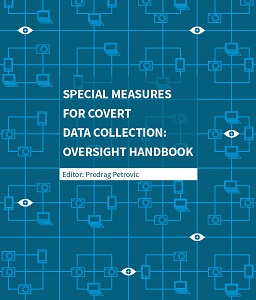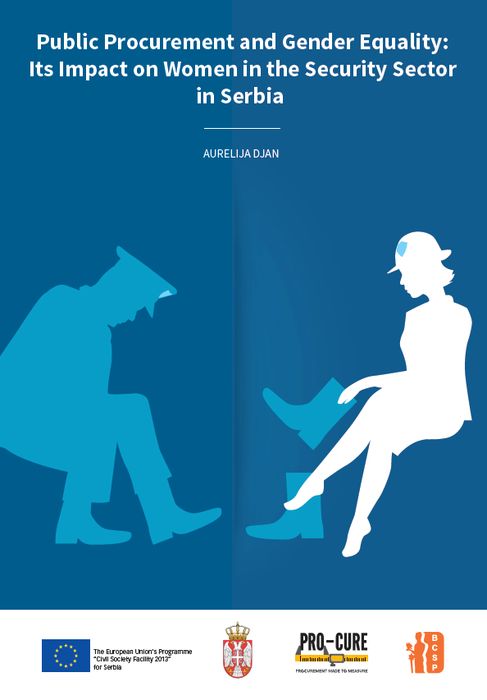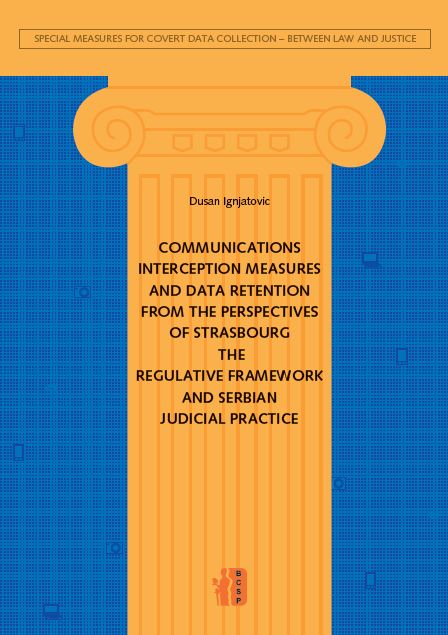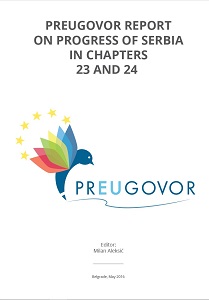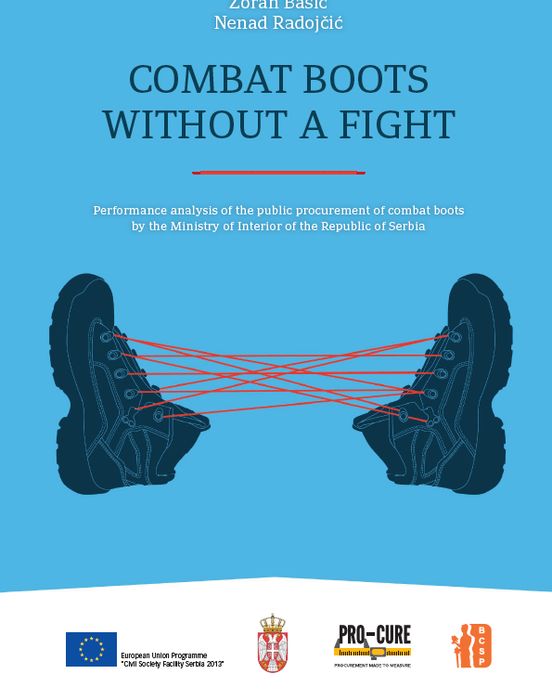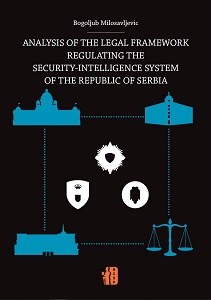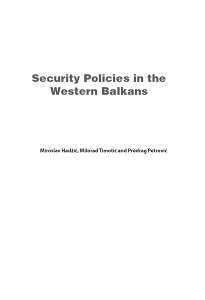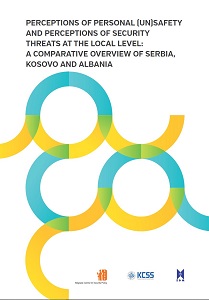
Perceptions of personal (Un)Safety and Perceptions of Security Threats at the local Level: a comparative Overview of Serbia, Kosovo and Albania
Perceptions of personal (Un)Safety and Perceptions of Security Threats at the local Level: a comparative Overview of Serbia, Kosovo and Albania
Keywords: personaL security;
This paper presents comparatively citizens’ views of their personal safety and security at the local level, as surveyed in Albania, Kosovo and Serbia in October 2013, as part of the joint initiative ‘Security Research Forum Belgrade-Prishtina-Tirana’, run by the Belgrade Centre for Security Policy (BCSP), the Kosovar Centre for Security Studies (KCSS) and the Institute for Democracy and Mediation (IDM) from Tirana. The survey was conducted using the same questionnaire in all three communities, taking a representative sample of citizens. In Serbia, 1200 citizens were interviewed, including a sub-sample of 200 citizens in Southern Serbia (the municipalities of Preševo, Bujanovac and Medvedja). The survey in Kosovo encompassed 1119 respondents, including 100 ethnic Serbs residing in North Kosovo. In Albania, 1100 citizens were interviewed. The analysis is complemented by data from 2014 and 2015 in order to show the trends in citizens’ perceptions of personal safety and local security.
More...
